Stories
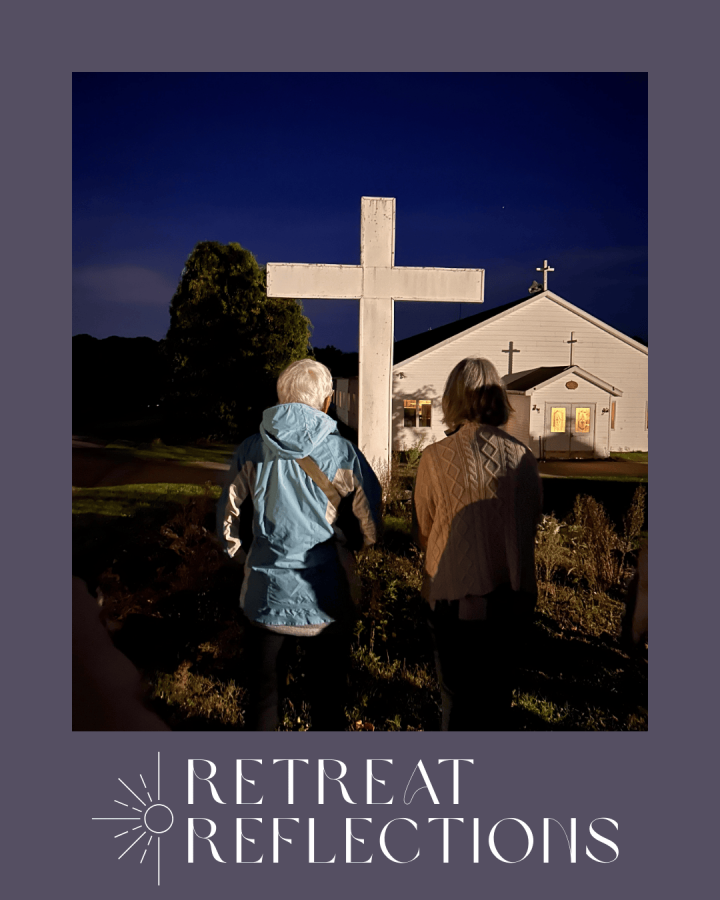
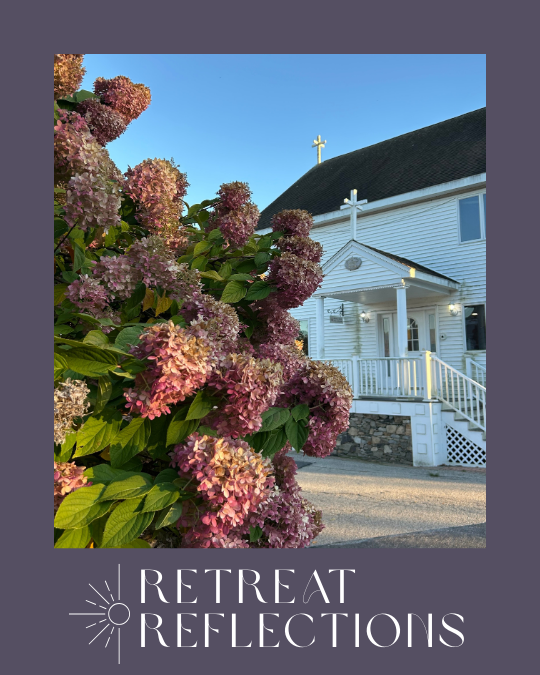
by Lucine Boloyan
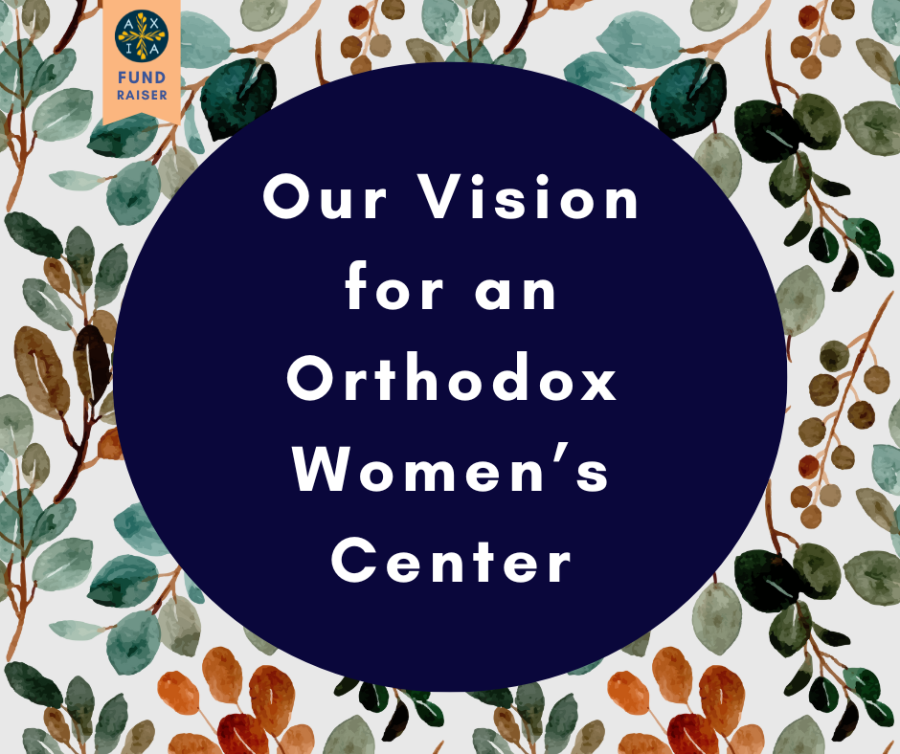
The Axia Center for Training, Research, and Healing is a vibrant, first-of-its-kind hub that brings together education, spiritual formation, and community connection for Orthodox women and the leaders who work with the
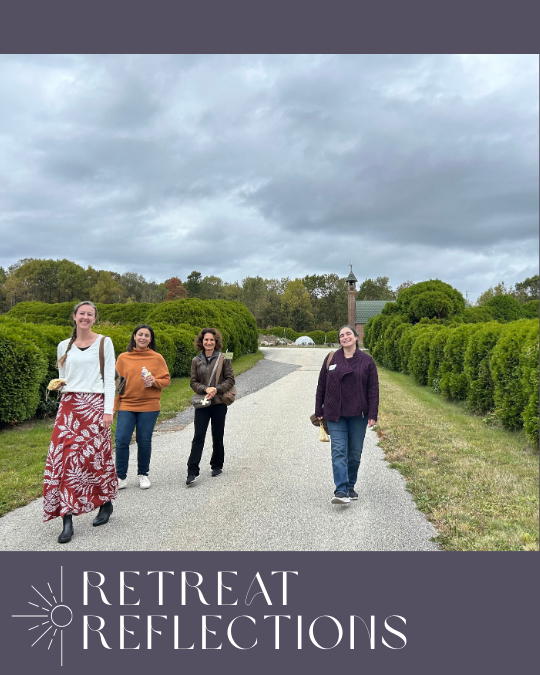
by Talene Kelegian

This past year, we’ve begun building the foundations of the Axia Center for Healing, Training, and Research. Among other initiatives, we:
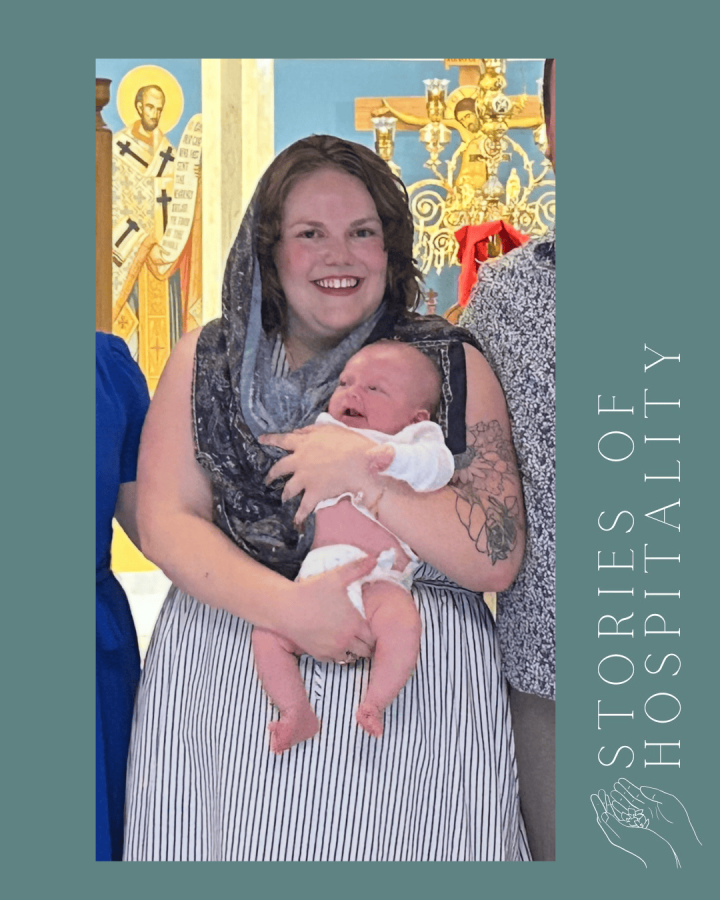
Our first hospitality story comes from Katelin Williams:
"I am a thirty-year-old recent Orthodox convert who lives in Kentucky. I married my wonderful husband last October in 2024, and as of June this year, I am a new mother to my vibrant and sassy son. To say there have been trials is an understatement, but in those trials, we have found the most supportive people.

It’s nearly the end of the year, and fundraising season is upon us. Over the next few weeks, we hope to make the case that you’ll want to support Axia. Here’s the start!


